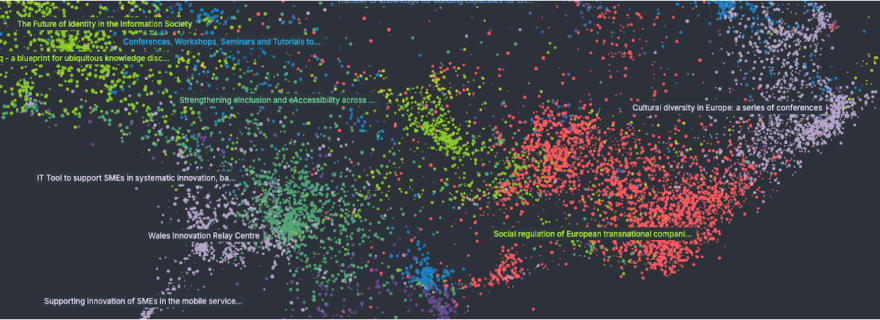Launch of a new tool to track CoARA signatories
How global is research assessment reform? Our author introduces a practical, interactive dashboard she developed, allowing users to easily view up-to-date information on CoARA signatories worldwide, their distribution, organisation types, and submitted or pending action plans.

